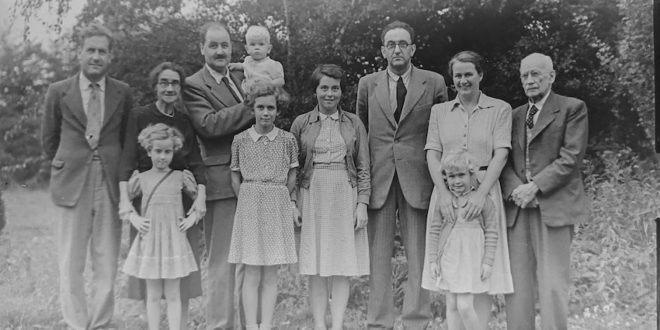Welcome to the first in a series of articles on the study of family ancestry (also called ‘genealogy’. If you’re considering this fascinating hobby-come-study, prepare to get hooked!
The study of family ancestry is such a compelling hobby, many people find they don’t have enough hours in the day to devote to it. If you’re thinking of taking it up, we have five reasons why you should do just that.
1. Curiosity
Let’s face it, human beings are curious creatures, and we thrive on the ins and outs of others’ domestic lives. We marvel at how one person knows or is related to another, anticipate marriages and the joining of families, welcome the arrival of babies, and mourn the death of loved ones. When we choose to study our family history, we not only engage with the domestic lives of the living, but also those of the past. Another layer of interest is opened up, and what’s more, we can be as curious as we like without causing offence! Delving into your family history is like opening a real life novel full of mystery, intrigue, romance, courage, love, hate, rivalry and teamwork. There is never a dull moment, and the more curious you become, the more you are rewarded with the most astonishing stories.
2. Connection
In so many ways, the world has become a smaller place. We can chat to distant friends via the internet, and (outside of pandemic times), travel from one one part of the globe to another in a matter of hours. Yet, as social media takes over from deeply personal relationships, many feel more alone than ever before. Studying your ancestry is one way of building intimate connections. Finding where in the world you have come from, who you look like, and how your personality, talents and interests are similar to those who have come before you, can feel like an anchor in a world that won’t stay still.
3. Compassion
“Life is hard,” is a familiar saying, but although we all experience seasons of challenge, it’s not often that we have an opportunity to delve deeply into the personal hardships others have experienced. By looking back at the lives of our ancestors, whether through private letters, oral histories, medical records or photos, we experience a close-up view of real lives that were, very often, an everyday struggle. Through this intimate glimpse, our compassion is stirred, something inevitably better equips us to understand the trials others, in the present day, may be going through.
4. Courage
‘Resilience’ is a word we hear often these days. It speaks to us of courage: of the ability to withstand hardship and bounce back from it. In our cushioned, modern-day world, many of us have little knowledge of how to go about ‘being resilient’. A look back in time to the world our ancestors lived in can teach us a great deal about this skill. Whether our relatives were soldiers fighting a war, farmers breaking in the land, or children leaving school at 12 years of age to take on the work of an adult, they can all remind us it is possible to endure, pull through, and then triumph over personal difficulties. A knowledge of our ancestors really can make us stronger and more courageous.
5. Care
More than at any other time in history, we have the ability to take better care of our health. So many illnesses can be avoided by adopting a healthier eating regime, regular exercise, and moderation or abstinence when it comes to alcohol. But for all that, we often wait until these decisions are forced upon us by a medical professional who diagnoses a problem. One of the advantages of studying our ancestors is we may become aware of health issues we’re genetically predisposed towards. By being proactive, we can choose to adopt a lifestyle that steers us away from these problems, and gives us the best possible chance of remaining healthy for as long as possible.
If you enjoyed this, our first ‘Ancestry’ article, be sure to keep an eye out for next month’s instalment, where we talk you through how to begin this exciting hobby.









Join the Discussion
Type out your comment here:
You must be logged in to post a comment.